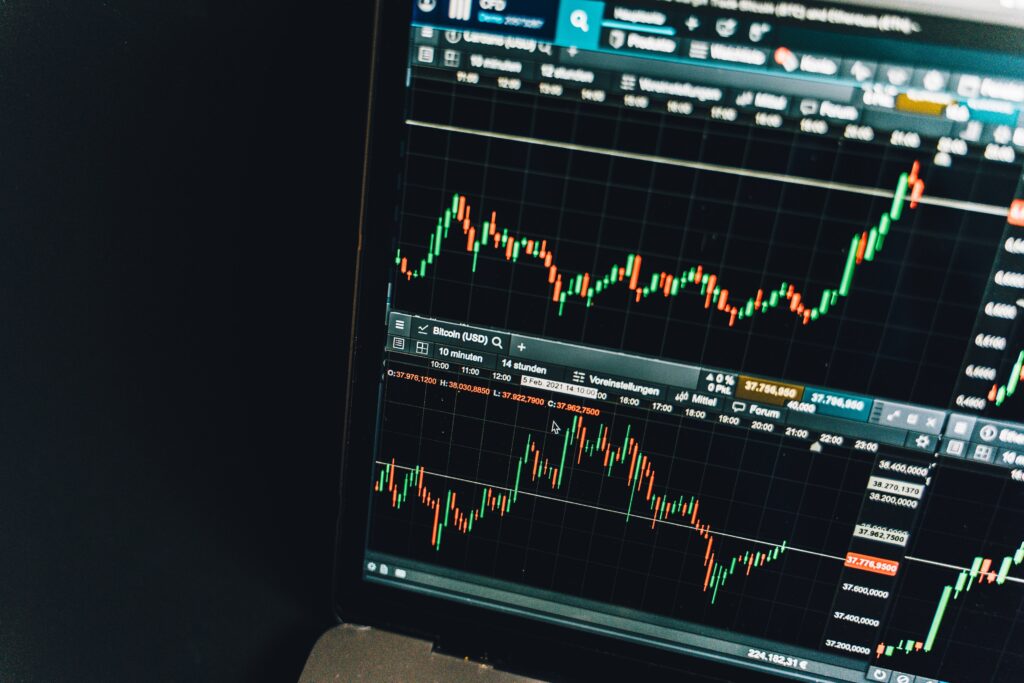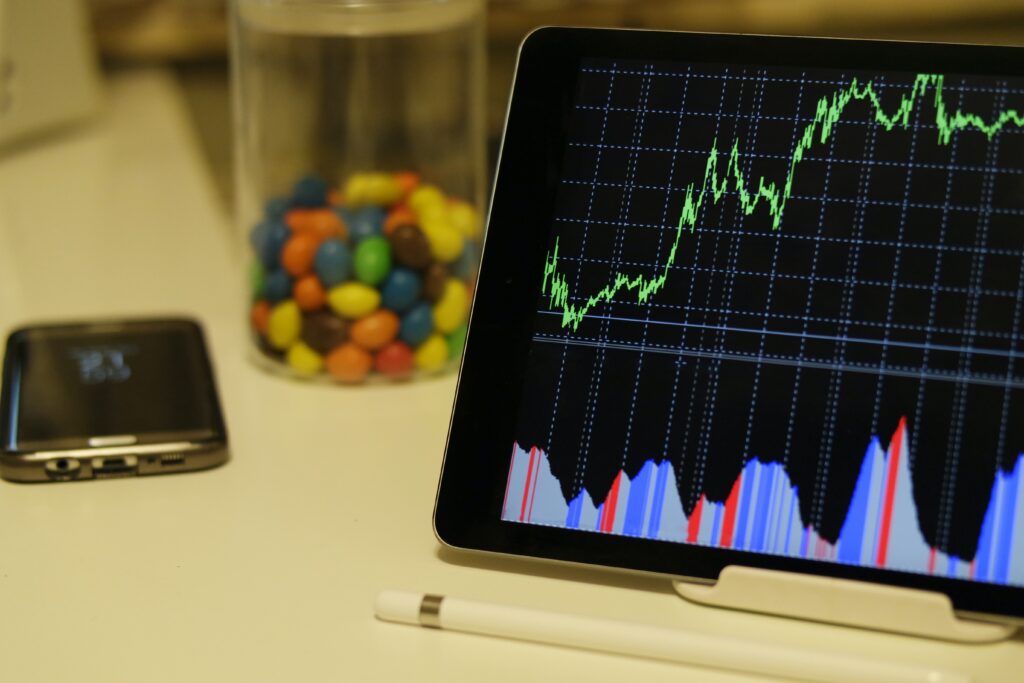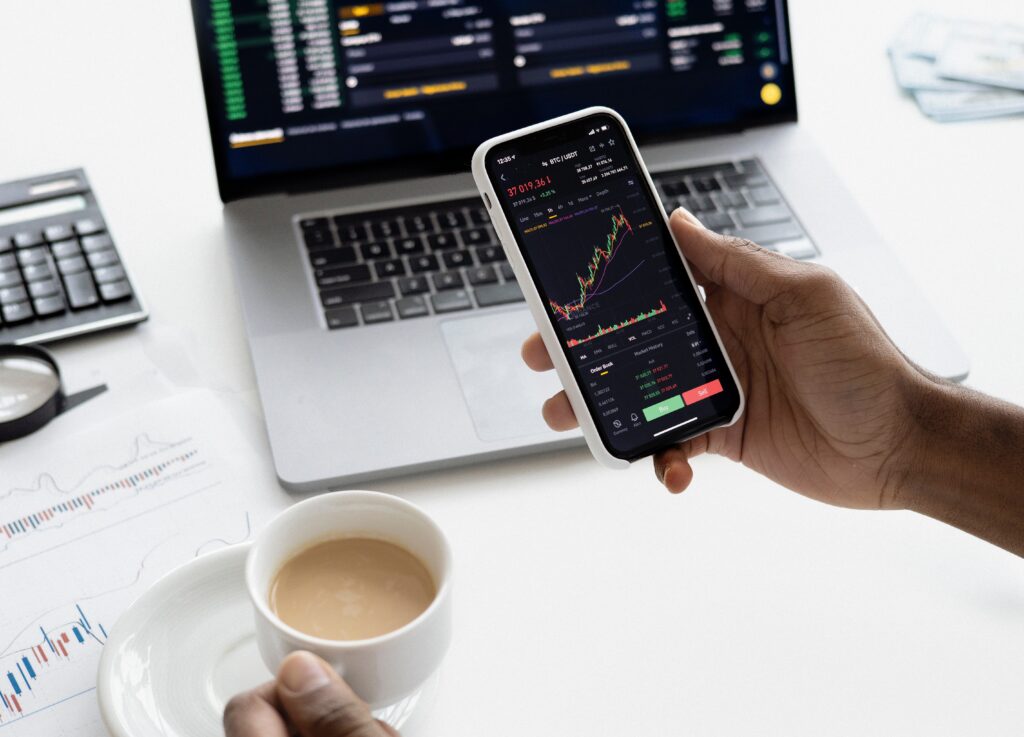Understanding trading psychology and trading strategy are essential in this field. Both these concepts are woven around being successful in any business-related work. But, what’s important is that you fully understand these concepts clearly without confusion.
What is trading psychology?
All the emotions and feelings that a regular trader experiences while trading is called trading psychology, which is a broad word. While some of these feelings, like fear, nervousness, and worry, should be allowed, others, like anxiety and greed, should not exist.
More traders encounter the downsides of trading psychology than the upsides. Examples include hastily exiting losing trades when fear of loss becomes overwhelming and doubling down on losing positions when fear of failure turns to greed. But knowing how to improve trading psychology will defend you from those situations.
What Is A Trading Strategy?
A trading strategy is a predetermined plan for buying and selling stocks that aim to maximize investment returns. It should be accurate, reliable, quantitative, and consistent. The method is based on fundamental or technical analysis to prevent catastrophic effects on financial instruments caused by unavoidable systemic risks.
Although a well-thought-out trading strategy will not ensure your success, it will remove one crucial hurdle: planning to fail!
Trading Emotions And Psychology

We aim to feed ourselves on two fundamental emotions: conviction and excitement. When you press the trigger, you should feel confident. Conviction is the final component of any successful trade before execution. There is a significant possibility that you are not in the “right” business unless you have the level of conviction to go ahead and pull the trigger. By “right,” we mean the deal you think makes the most sense.
To be clear, both successful and unsuccessful trades can occur. The goal is to win and lose with only profitable investments. It can be ensured by pausing to ensure you truly believe in a trading concept.
Do you feel stingy or arrogant? The good news is that positive results can be at the root of overconfidence. The bad news is that if you’re not vigilant, you risk becoming careless and caught in a downturn or worse.
Therefore, learning how to control emotions in trading is equally important, whether you win or fail.
While you do that, also ensure that you know how to improve trading psychology to aim for maximised investment returns.
• Accuracy
• Reliability
• Quantity
• Consistency
These four are the main elements you should consider when learning how to improve trading psychology.
How To Control Emotions In Trading
1. Learn something new about trading
A fun and successful way to break out of a trading crisis is to learn a new trading strategy. You may have been interested in how Iron Condors and Credit Spreads Work or RSI and MACD indicators. Now is the best time to set aside an hour each day to study such subjects. Knowing facts help you analyze situations properly without involving emotions.
2. Perform in-depth market research
Now can be a wonderful moment to set specific trading goals and develop a business strategy for yourself. Spend time quantifying and calculating what you want to achieve with each trade you make.
These are also some of the trading psychology exercises that let you be in control of your emotions.
Trading Psychology Exercises

As you apply theoretical trading lessons, they become more challenging.
When you think you’re in control, emotions run high, the rules get broken, and you find yourself back at square one.
It becomes evident that every trade has two components: the actual transaction and the trader (you!). Many traders dedicate a lot of time to developing trading methods, but these systems are only as effective as those who use them.
To succeed in the long term, you must concentrate equally on the “mental” game and the strategy. Analyzing chart patterns, setups, and trading ideas can help you improve your trading strategy. These trading Psychology Exercises help you focus on yourself.
• Embrace the mindset of “Next.”
• Make a mental note of your location
• Keep FOMO at bay
• Get Over Bad Days
• Don’t let today’s trade become tomorrow’s issue
• Be in charge of your trading
• Concentrate on Consistency
• Be aware of Blinders
How Do You Build A Strong Trading Psychology

A successful trader is aware that he has no control over the outcome of a trade once he has entered it. Therefore, these traders put a lot of effort into perfecting their trading strategies rather than worrying about profit or loss.
Here are a few strategies to develop the right mindset for trading like a professional trader, which will increase the likelihood of your market success:
• Avoid overconfidence
• Learn from mistakes
• Balance Trading risk
• Have a trading process and follow it
• Follow effective Trading habits
How Do You Control Psychology While Trading?

Anyone who trades might find the Hollywood portrayal of Forex trading as traders quickly and easily make enormous sums of money quickly and efficiently while grinning at it.
It has also changed structurally, with commerce significantly impacting the internet. The same results that the Wall Street folks get can be achieved by the guy sitting in his living room wearing jeans doing it from home. Therefore, we strongly advise you to prepare before making any trade. Being prepared lets you be in control of the psychology you hold while trading.
Conclusion Of Trading Psychology And Strategies

Self-monitoring has so far stayed beyond the scope of financial economics, despite overconfidence being the subject of numerous finance articles. Self-monitoring demonstrates the capacity to recognize social cues and modify behavior in response to social context.
The type of markets with asymmetric information can benefit from social intelligence to the extent that. It helps traders to reflect on their thoughts as well as the opinions of their competitors. The incentive for their trading methods avoids the curse of the victor. We think that is high.
In the beginning, self-monitors frequently employ aggressive order placement techniques. Dial the market. However, on average, such tactics are not ineffective: altogether, high self-monitors generate noticeably higher trading earnings. And that is why being self-disciplined and having a proper strategy are both equally crucial in trades.







